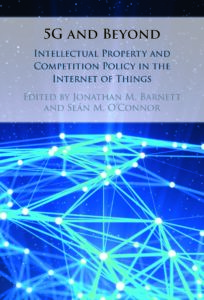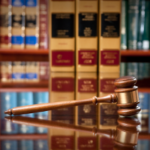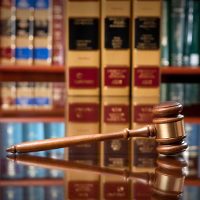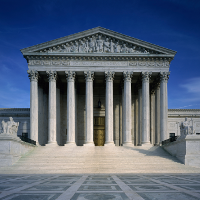
It was my pleasure to participate in a panel session on “SEP Current & Proposed Regulations” last month at the George Mason University Antonin Scalia Law School Center for Intellectual Property x Innovation Policy (C-IP2) Annual Fall Conference entitled “The Importance of Exclusive Rights.” Read more
 The high cost of some pharmaceuticals is a complex issue, but the Federal Trade Commission’s (FTC’s) most recent criticism of pharmaceutical patents’ role is misguided. The
The high cost of some pharmaceuticals is a complex issue, but the Federal Trade Commission’s (FTC’s) most recent criticism of pharmaceutical patents’ role is misguided. The  Executive summary: Many critics of pharmaceutical companies argue that they abuse the patent system through “evergreening” or “thickets” to increase the amount of time they can avoid generic competition and keep drug prices high.
Executive summary: Many critics of pharmaceutical companies argue that they abuse the patent system through “evergreening” or “thickets” to increase the amount of time they can avoid generic competition and keep drug prices high. 
 I. INTRODUCTION
I. INTRODUCTION By Wade Cribbs
By Wade Cribbs By Austin Shaffer
By Austin Shaffer CPIP has published a new
CPIP has published a new  By Austin Shaffer
By Austin Shaffer